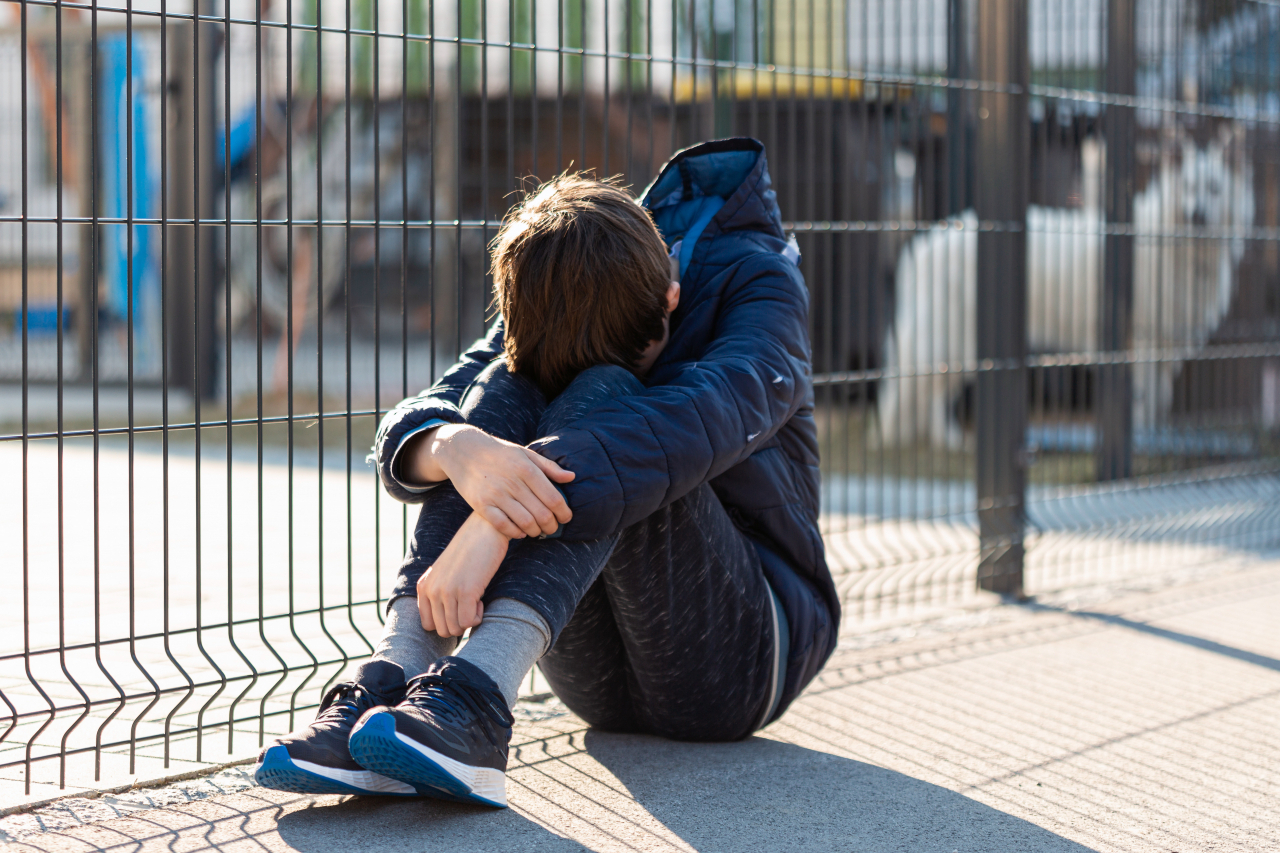 |
(123rf) |
Existing countermeasures against school violence in Korea were found to have been mostly ineffective, with preventative programs implemented by schools seven years ago not leading to an actual decrease in cases of bullying, a study showed Thursday.
According to the study, various types of school violence prevention programs were deployed across a number of schools from 2016 to 2017. But even though students spent more time in school violence prevention classes and more parents participated in similar programs, the overall effect was insignificant.
In particular, some anti-school-violence programs, like those which had students perform mock trials to resolve cases of bullying or those which required students to attend peer counseling sessions turned out to have had side effects which may have even contributed to a rise in school violence.
The study suggested that such measures may have overlooked the fact that teenagers might make fun of their peers' altruistic behavior, often leading to more cases of bullying.
The study was released amid growing concerns over school violence sparked by a school bullying scandal involving the son of a former state investigation chief who was found to have protected his son from repercussions, making little attempt to hold him accountable. Additional loopholes in the school system were found as the man's son was able to enter the country's prestigious Seoul National University even though he was eventually forced to transfer to another high school. Lawmakers on Thursday questioned school authorities over how his record of school bullying and the measures taken to separate him from the victim were erased by the time he left the high school and was admitted to college.
Amid intensifying controversy, the Education Ministry submitted a plan to Korea's parliament to strengthen anti-bullying measures to respond more strictly to school violence perpetrators and effectively protect their victims.
"We will consider extending the retention period for students’ records of the abuse and will consider reflecting such records in the college entrance examination," said the ministry.
Currently, when school violence perpetrators are punished by their schools for their behavior, their records remain for only two years after graduation. Records of low-level discipline can even be deleted when the student graduates.
School violence has become the center of controversy, further fueled by the hit Netflix series "the Glory," which depicts the cruelty and extent of school violence and bullying in South Korea. The second part of the series is to be released worldwide on Friday.







![[Today’s K-pop] Blackpink’s Jennie, Lisa invited to Coachella as solo acts](http://res.heraldm.com/phpwas/restmb_idxmake.php?idx=644&simg=/content/image/2024/11/21/20241121050099_0.jpg)